FBI is wrong in its demands to Apple
STAFF EDITORIAL
Google image/Creative Commons license
Apple is refusing to create a way into a locked iPhone.
The ongoing dispute between Apple and the FBI concerns an individual iPhone. Overriding its encryption in a quest to find potentially sensitive information is a one-time request, right?
Wrong.
Security and safety are pressing national issues, but Apple made the right decision when refusing the FBI’s demand that it break into the iPhone of Tashfeen Malik, one of the shooters in the San Bernardino, Calif. attack on Dec. 2 that left 14 dead and 20 wounded.
For the sake of privacy and, more importantly, the field of cyber security, Apple did the right thing.
Unbreakable encryption currently exists in the majority of technology in the United States. Without the existence of a key or password, these encryptions are the safest methods of protecting information, networks, and connection.
The FBI’s request would require Apple to create new code, often referred to by technologists as a “backdoor,” in order to circumvent the encryption of this individual iPhone.
“The path to hell starts at the backdoor,” Microsoft general counsel Brad Smith said at the RSA Conference in San Francisco on March 1.
Additionally, Apple is claiming that software code is a form of free speech, thus the government’s demand that the company write code to break into the phone is a violation of First Amendment rights. Because a Federal District Court in Northern California made a ruling along these lines in a 1996 case, Apple has a compelling argument.
“The basic concept is that computer code is a way of expressing an idea,” A. Michael Froomkin, a law professor at the University of Miami, told The New York Times.
FBI Director James Comey was reluctant, however, to label it a request seeking the creation of a backdoor.
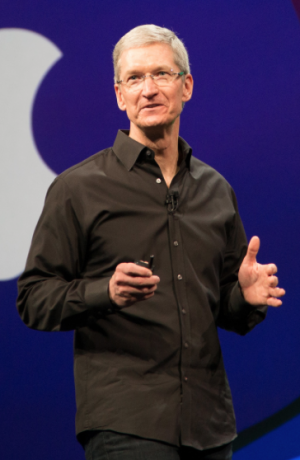
Apple CEO Tim Cook said it would be “bad news” to write the software the FBI wants.
“There already is a door on that iPhone,” Mr. Comey said. “We’re asking [Apple] to take away the guard dog so we can pick the lock.”
Apple CEO Tim Cook has argued that this is not an issue of an individual phone, but rather of a slippery slope. With the power to bypass encryptions, Apple is rightly afraid that this will become a habitual process and set precedent for further cases.
“This is not about the San Bernardino case,” Apple general counsel Bruce Sewell said. “The tool we are asked to create will work on every iPhone. The notion that this is only about opening one lock is a misnomer.”
A backdoor would allow for an easy breach of privacy and personal information.
It would be easy to envision an entity such as the NSA, with a favorable court ruling, turning to the usage of this new coding.
Considering the information brought to light by NSA whistleblower Edward Snowden over the past couple of years, it is not a broad logical leap that the unlocking of this single iPhone may very well mark the first of many down the road under the wide-ranging call of “national security.”
In response, many companies such as Facebook, Google, Microsoft, and Twitter have filed amicus briefs siding with Apple in the fight against the FBI.
Fortunately for privacy advocates, the rulings in similar such cases have gone in Apple’s favor, including the recent ruling of a New York judge denying a request to obtain information on an iPhone believed to be involved in a drug deal.
The fact that there are other cases in addition to this San Bernardino iPhone should alert the public that this is not simply an open-and-shut case and the privacy of all Americans may be at risk if Apple complies with the FBI.
Privacy, however, is not the only concern. In fact, the biggest concern is the impact this could have on the field of cyber security.
While the immediate effects of this case may be the potential privacy breach for mobile device users, the long-term effects may influence the future of technology within the United States.
“The only way to get information—at least currently, the only way we know—would be to write a piece of software that we view as sort of the equivalent of cancer,” Mr. Cook told NPR. “We think it’s bad news to write. We would never write it. We have never written it—and that is what is at stake here.”
The reason that this software is “bad news” is because it creates a weakness in the citizenry’s strongest protection against privacy overreach in the name of security.
The United States, like the rest of the developed world, has moved into an age of information technology. Because of this, much of the country’s infrastructure is dependent upon the existence of secure computer interactions.
It is the hope of the staff at The AMSA Voice that Apple will continue to stand up to government agencies and resist the call to subvert its technology—a resistance that may lead all the way to the U.S. Supreme Court.


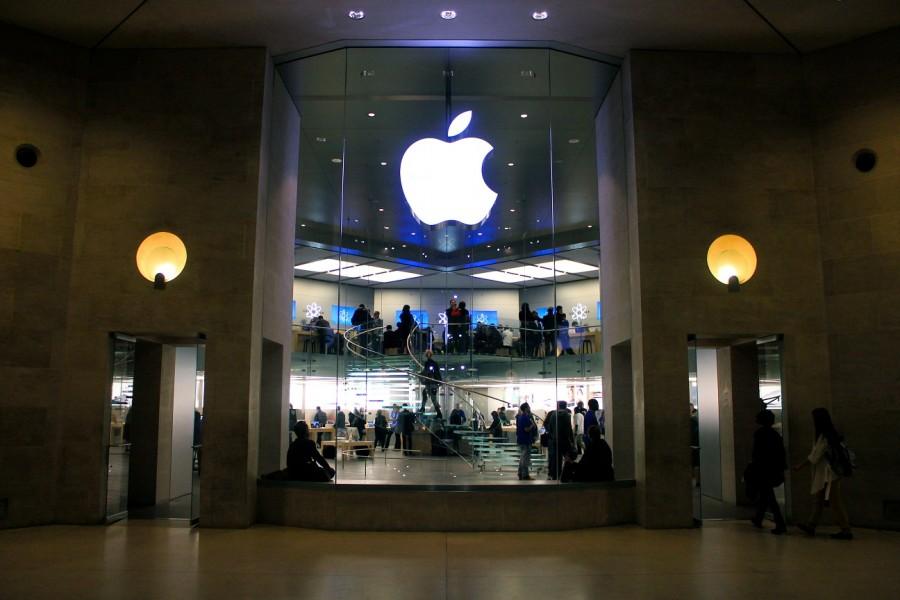
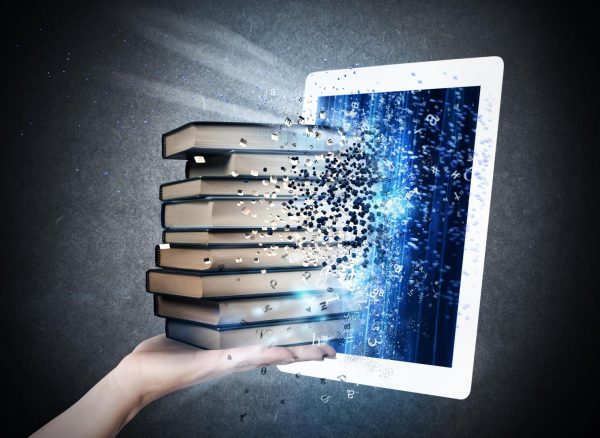
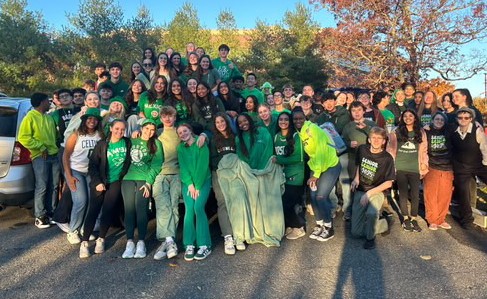
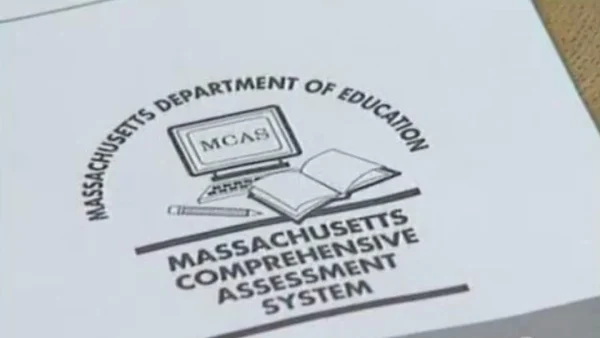


Al Williams • Mar 21, 2016 at 9:10 am
In the interest of a balanced view…
In his book, “Playing to the Edge”, LtGen Michael Hayden, former Director of the NSA and DCI, Hayden called for a national debate on the issue of personal privacy vs. National Security. Surprisingly, he did not take a strong position favoring the latter — only for Americans facing the issue that the two represent opposite poles of a legitimate argument. On one hand, we expect the U.S. Government to “provide or the common defense”. By implication, this puts the security services in a position of responsibility for protecting us from future terrorists — before they are “proven guilty” in Constitutional language. On the other hand, few Americans want a “surveillance society” in which the government is constantly poking around in our private communications.
It is also a fact that “real time” intelligence is often crucial in deterring tragedy. (And, by the way, in promoting sales. Many of us freely give apps permission to use our :”location data,” which is then used to determine what local businesses to advertise,” without thinking twice about it.) We therefore expect the government to anticipate where terrorism is about to occur, perhaps within hours or even minutes,) but are unwilling to provide any tools to allow this capability.
I DO understand that providing a general “back door” into any operating system a priori is a different matter than allowing access to a specific cell phone after a terrorist attack has occurred. It is generally agreed that the NSA could break the security on the cell phone of the San Bernardino terrorists, but this is STILL not very “real-time” intelligence — and remember, time IS a factor in anticipating when and where the next attack will occur.
I do not oppose the position expressed in this editorial, and do applaud it in the interest of fostering the national debate that Gen. Hayden called for. I hope this comment is, in a small way, also a contribution to this debate. Perhaps there is even some middle ground between the Security and Privacy poles. What I’m hoping to do is to get AMSA readers to avoid a knee-jerk reflex of regarding the DOJ action as an effort to subvert our technology, and to think about the complex issues in a mature way — to understand that the issues ARE complex, and may involve some rough choices that we, as Americans, must make, and that may result in measures that are ultimately uncomfortable for us.